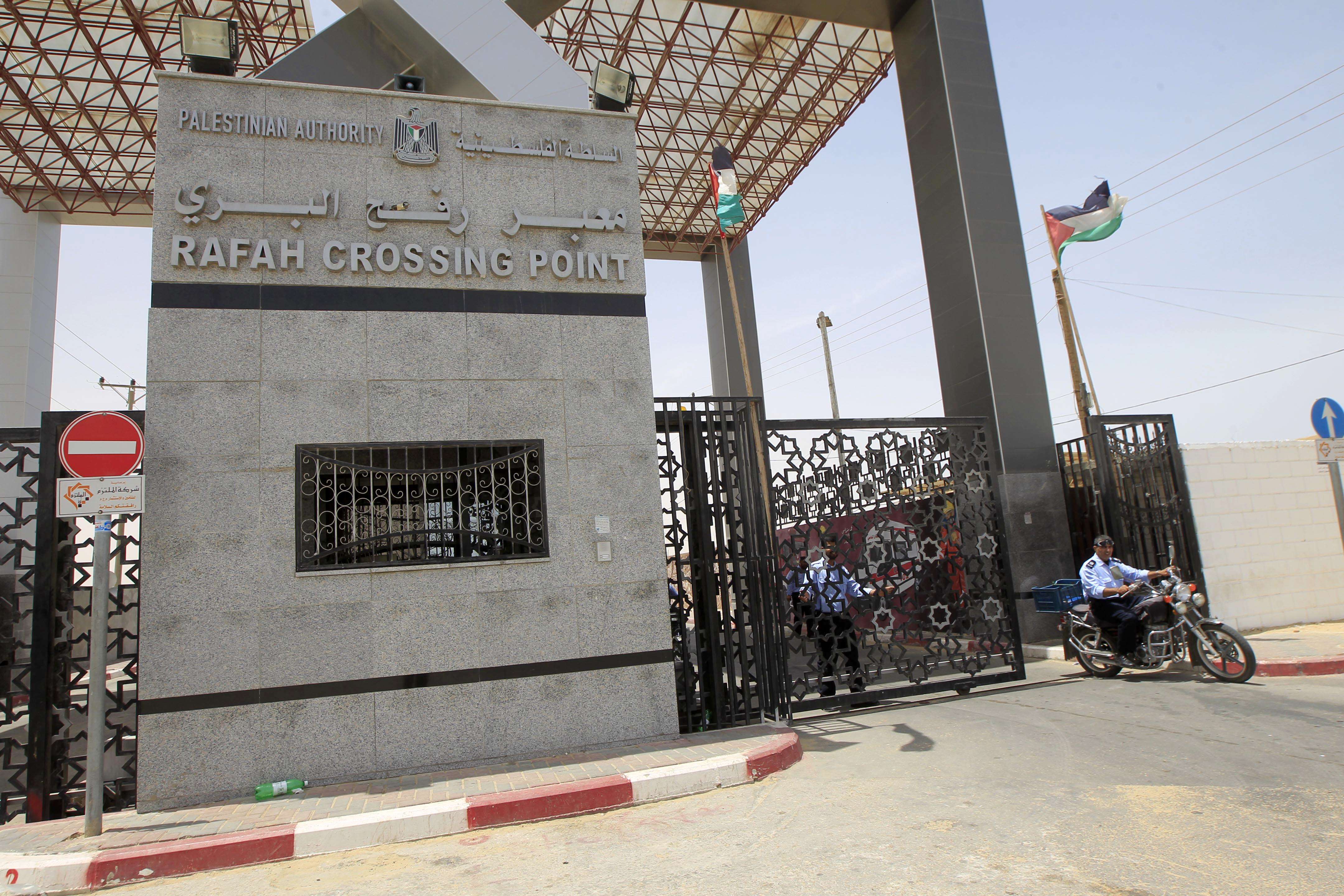CAIRO- Saa’deya, not her real name, is a 35-year-old widow and mother of six who fled Sudan more than 10 years ago. She was a union leader at the communications company that employed her until the day in 1993 when she had to explain a new privatization deal to union members. Her co-workers protested the plan, and she and other union leaders were blamed.
“We were arrested, accused of encouraging the workers to rebel, she says. “They took me from my house; they were being violent with me and swearing at me in front of my children.
So began a saga of multiple arrests, torture and rape, she claims, that drove her to seek refuge in Egypt.
“They put out cigarettes on my back, on my body and limbs, she told counselors at the Cairo-based Nadim Center for the Rehabilitation of Torture Victims. “They plunged my hand in hot oil and removed the nails of the other hand with a wrench. I was forced to witness the torturing of others and do violent things. The scars on my body are still here to testify that all this happened.
Eventually she was released, only to be arrested again a year later. This time, she claims, it was worse. “This time I was raped so violently that I was bleeding severely. It caused me to lose consciousness. I almost died.
The government of Sudan denies responsibility for violence such as this, and has always claimed that it has no relationship with the militias that terrorize Darfur’s civilians. The Sudanese embassy in Cairo was unavailable for comment at the time of publication.
Saa’deya says that after her brutal rape her captors released her into medical care. Eventually she was sent to Cairo for more extensive treatment. Once in Egypt, she never left. For Saa’deya and other refugee victims of torture and rape who flee to Egypt, life in Cairo can be bleak, experts say. Not issued residency papers, they are prohibited from seeking employment.
Most live in poverty, scraping by on charity, rare gifts from relatives abroad, and jobs as household servants or office tea boys. There are few services to treat those who have been sexually tortured, and their poverty leaves them vulnerable to further assault here in Cairo.
“Without the legal right to work, a lot of refugees fall into jobs in the informal sector where there is little protection available, says Mireia Cano, a legal advisor at Africa and Middle East Refugee Assistance (AMERA), a Cairo NGO that provides legal aid and psychological counseling to refugees in Egypt.
“A lot of the abuse takes place inside the houses where refugees work as maids or household servants, she told The Daily Star Egypt.
For people living both illegally and in poverty, the medical and psychological trauma of rape can easily spill over into financial disaster, says Cano. According to her research, the threat of homelessness is “the number one protection gap.
“Housing is difficult for Cairenes, but is even more difficult for refugees, she says.
“There are no shelters that accept refugees so when there is a victim of sexual or gender based violence who is assaulted at home or at work, they could be evicted, or fired, or choose to leave their jobs because of the trauma. Then they may not be able to pay their rent. So in different ways it comes down to losing their houses.
Some means of financial assistance do exist, most notably provided by the UNHCR and the charity Caritas. When a person is recognized as a refugee by the UNHCR, they become eligible for LE 200 a month of aid paid for by the two organizations. But critics say it is often too little, too late.
“Everything for these people is very poor – housing, healthcare, education, says Magda Adly, the director of the Nadim Center. “Civil society organizations try to help, but sometimes there are delays providing the money, and it is not very much anyway.
And if a refugee does not receive legal recognition, says Cano, they are left out in the cold.
“When refugees are closed file or ‘not of UNHCR’s’ concern, then the protection gaps are even bigger, she says, especially for victims of sexual violence. “They fear going to the police because they haven’t got residence permits. They might end up in detention even though they went to the police to report crimes committed against them.
Statistics on sexual assault are very difficult to collect, says Cano, but she is sure that “we do not know most of the cases that happen on a daily basis.
Dr. Dina Al-Shafie is well aware of the unique problems that sexual violence poses for refugees. She has served as the director of AMERA’s counseling program since its foundation in 2003 and says that most victims of sexual assault do not come forward due to fears of being ostracized and legal repercussions.
